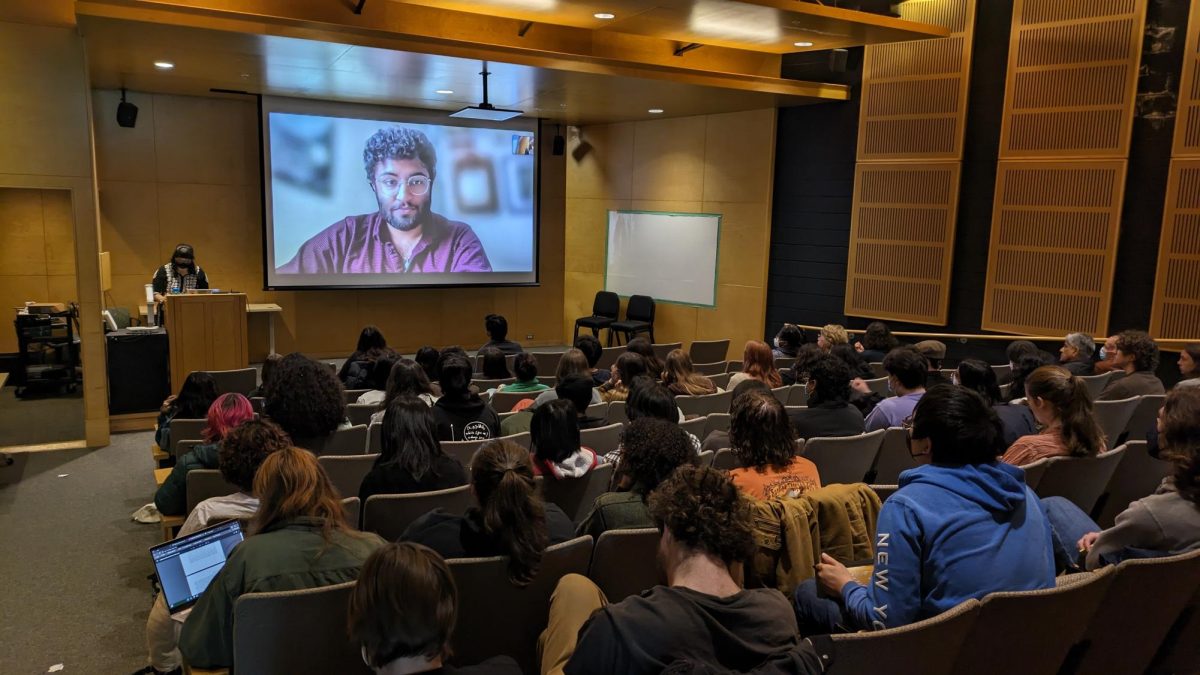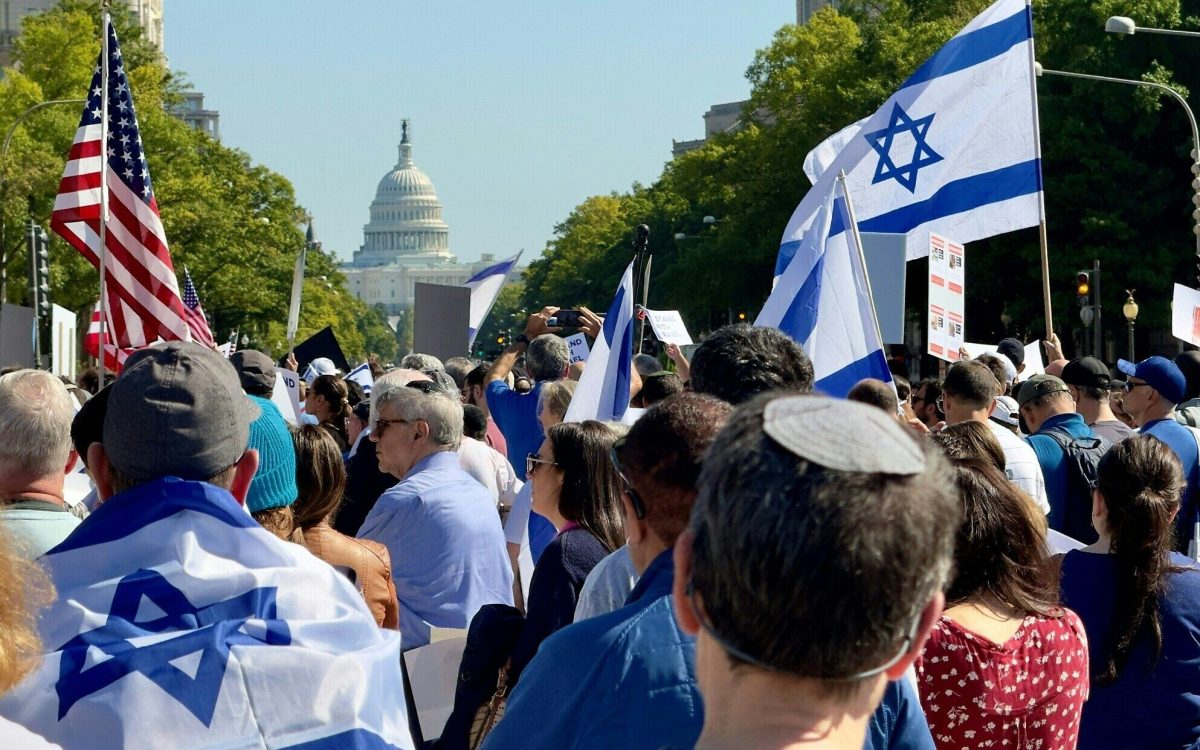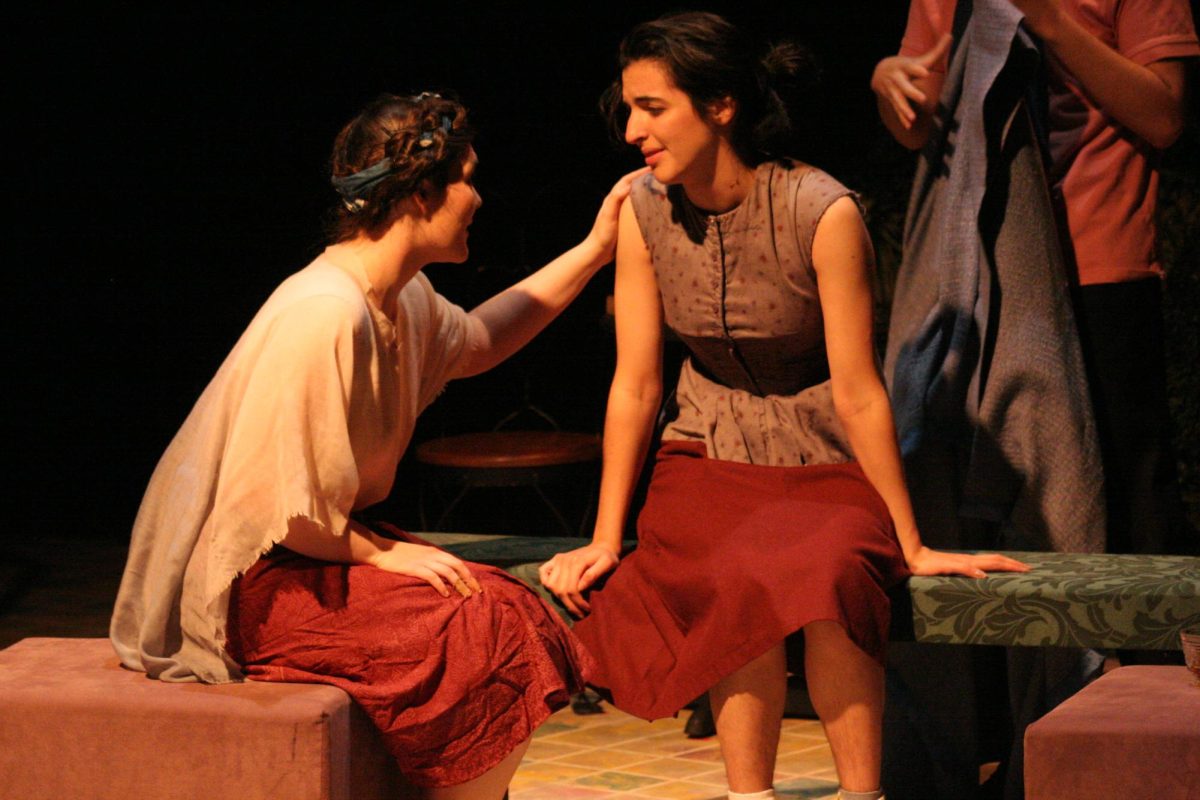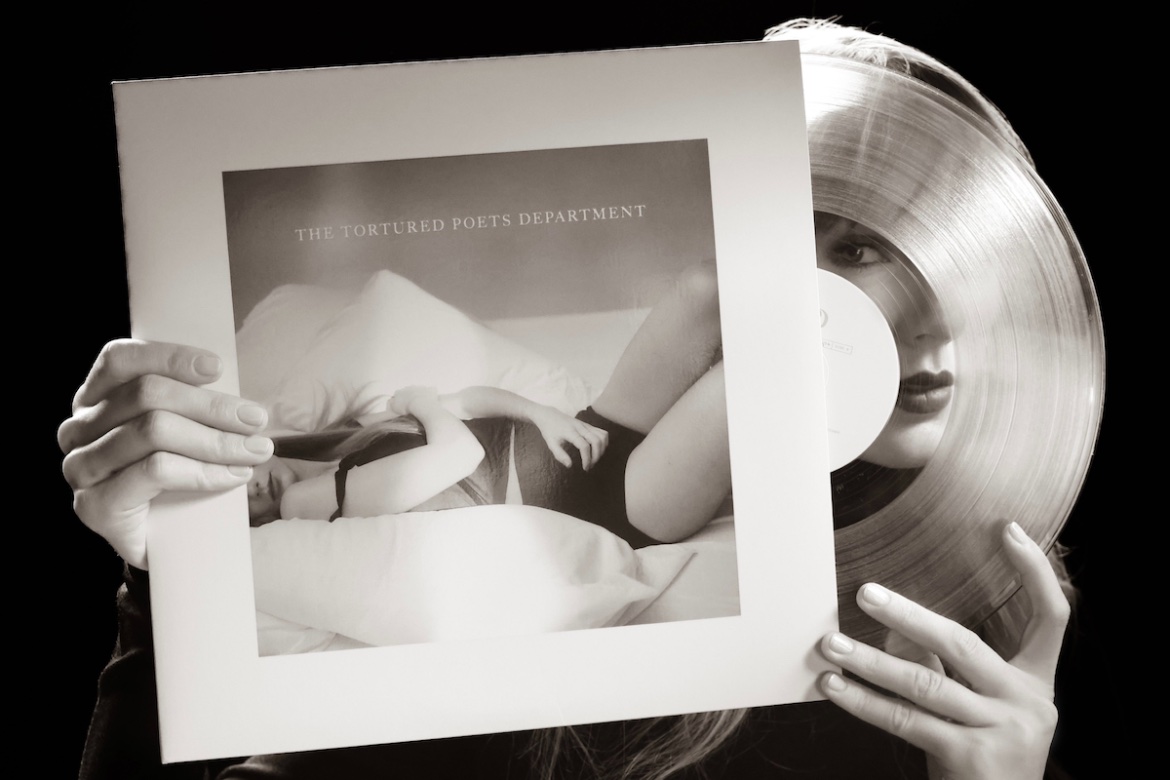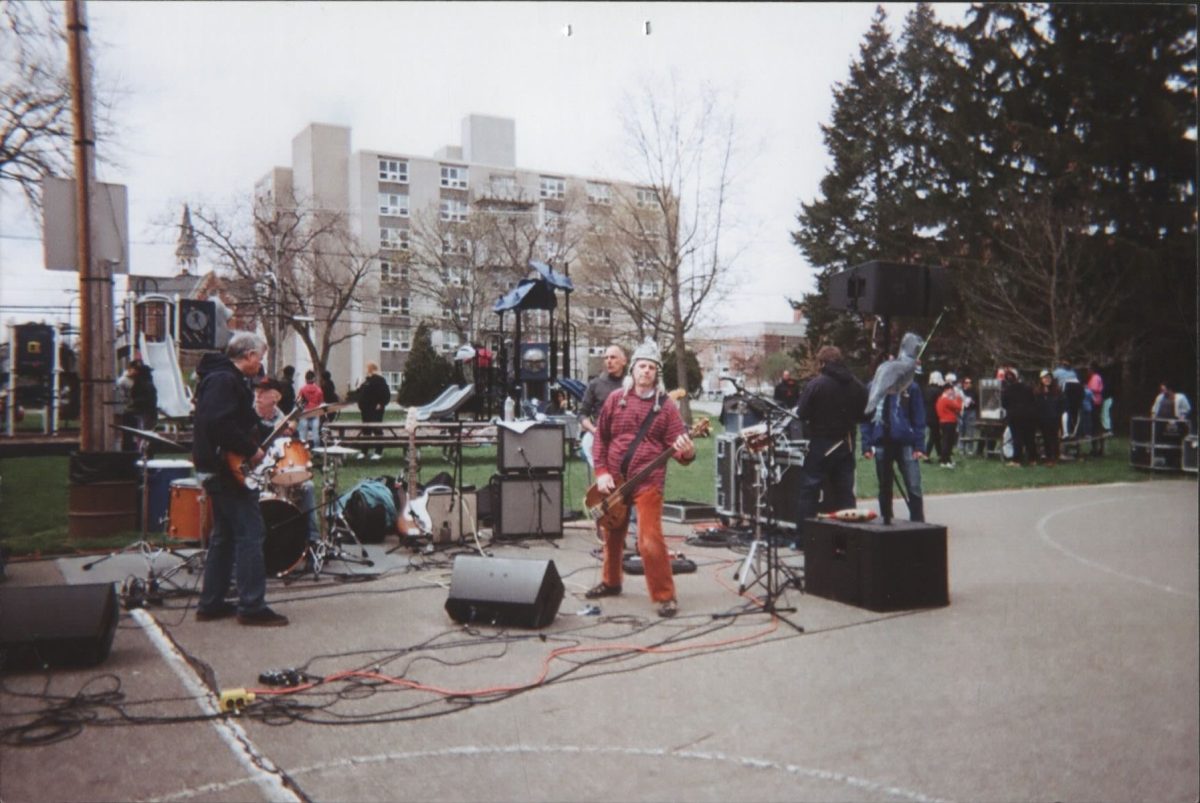Ukraine Standoff Brings Attention Back to Great Power Politics
March 11, 2014
What a few weeks ago was just a political crisis within Ukraine has now morphed into a power struggle between the United States, Russia, China, Great Britain, France and Germany over the fate of Eastern Europe.
Contradictory stories of the events in Ukraine have been presented — one by the Western world and independent journalists and the other by the Russian government.
The facts are these: In the last few days of February, unmarked Russian troops moved into the Crimean Peninsula, an autonomous and majority Russian region of Ukraine. More moved in shortly thereafter, and by March 1, thousands of Russian troops had poured into the region.
Although the Russian government continues to assert that these were not their troops, I remain unconvinced. A number of independent journalists have confirmed their identity beyond reasonable doubt.
Worse, in the eastern region of Donetsk, pro-Russia protesters, likely egged on by the Russian government, have taken over the regional parliament and other government buildings. Ukraine’s future balances delicately on the edge of a cliff, while Russia and the United States continue to try to outmaneuver each other while avoiding a major war in Eastern Europe.
Vladimir Putin leads Russia in the crisis. His Machiavellian strategy reflects realpolitik in its truest form. In a single stroke, he has raised East-West tensions to their highest level since the Cold War. This new wave of Russian militarism had its earliest signs in the 2008 war in Georgia, where the secessionist regions of South Ossetia and Abkhazia were taken from Georgia and have since remained under the Russian yoke.
Now similar tactics have been used in Crimea, where Russian troops quickly established military supremacy and occupied the region under the guise of protecting ethnic Russians from Ukraine’s new “fascist” government. The United States and European response to the crisis has been decisive but aims at de-escalation and avoiding further conflict. On Monday, 150,000 Russian troops were ordered to the Ukrainian border, where they performed imitation exercises.
This maneuver by the Russians was clearly undertaken to threaten the Eastern Ukrainian border. Fortunately, nothing came of the threat.
The long-term geopolitical and strategic implications of this ongoing crisis are farreaching. Russia has suddenly returned to its militarist and
anti-Western role on the world stage. It has reasserted itself as a great power, capable of unilaterally seizing regions of sovereign former Soviet Republics.
Crimea is an important region, held by Russia since 1783. Its seizure cannot go unpunished; it would make the West seem powerless in the face of new Russian aggression. On the other hand, everything must be done to prevent this crisis from becoming a full-blown war. Russia has achieved an economic importance that makes its isolation by the West difficult to achieve.
The coming weeks will decide the course of the crisis and the future of Ukraine. Political developments in Ukraine could still lead to further crisis and tensions. At this point, only one thing is certain: Russia is back.





